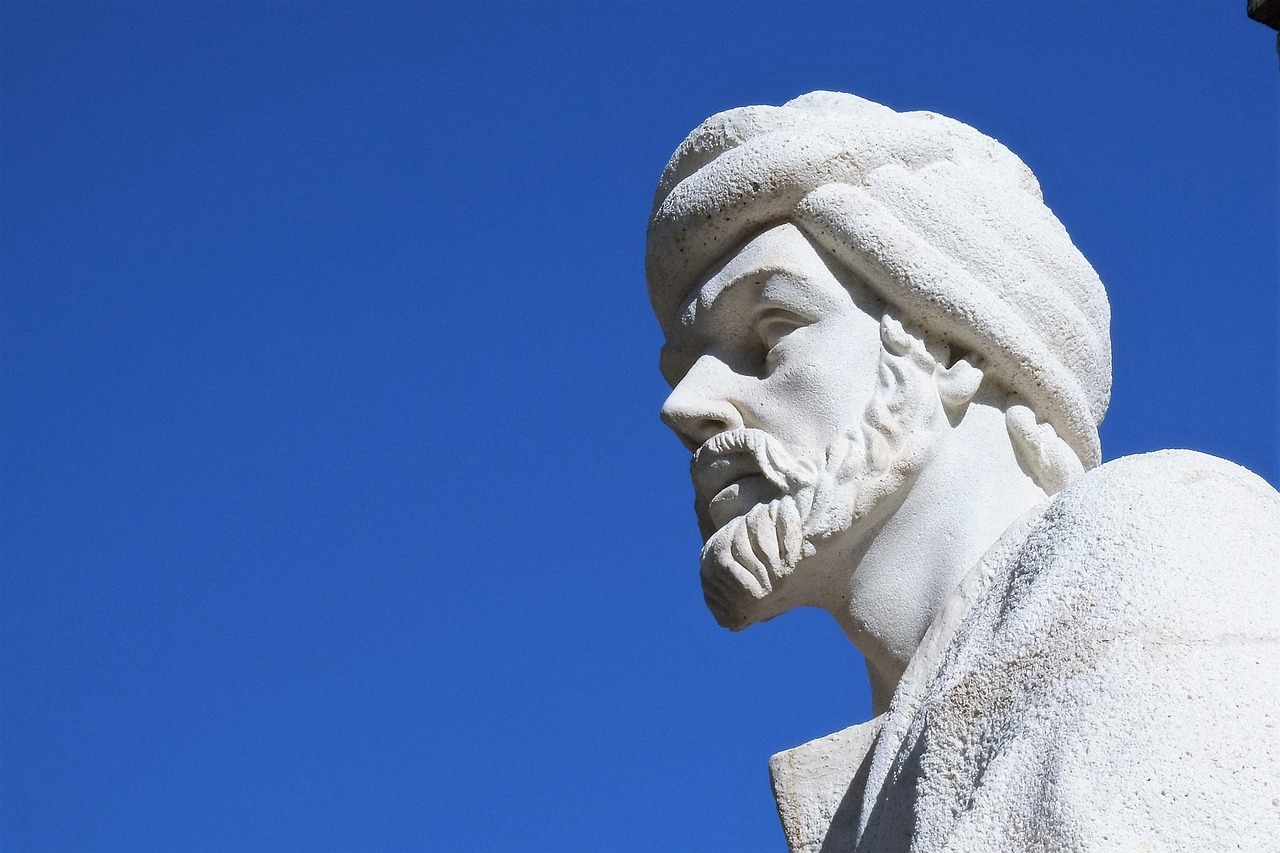
Caution, reader! We are about to embark on a journey that will challenge your assumptions, topple your preconceived notions, and shatter the status quo. Welcome to a counter-cultural exploration of the future of technology, where we probe the shadows and uncover the hidden truths that lie beneath the surface.
The Big Questions: What does our relentless pursuit of innovation mean for humanity? Does technology merely serve us, or do we become its servants? As we stand on the cusp of an era of artificial intelligence, autonomous vehicles, and quantum computing, we must grapple with these unsettling questions.
The Philosophical Framework: Descartes once said, ‘I think, therefore I am.’ But in a world where machines can think, what becomes of our identity? The philosophy of technology must navigate the labyrinth of materialism, existentialism, and posthumanism to find the answers.

The Ethical Dimensions: The rapid pace of technological advancement forces us to confront ethical dilemmas that were once the realm of science fiction. When machines make decisions, who is responsible? As we blur the lines between human and machine, we must redefine our ethical frameworks.
The Existential Aspects: Technology is not just a tool – it is a mirror reflecting our deepest fears and desires. In the face of the existential threat posed by artificial intelligence, we must redefine what it means to be human.
The Meaning Behind: Behind every silicon chip and line of code, there is a human story. The future of technology is not just about the gadgets we create, but also about the values we embed within them. The key to understanding the future lies not in the machines, but in us.

The Universal Principles: Amidst the noise and chaos of technological change, certain universal principles hold true. Technology is a tool, not a master. It should serve humanity, not the other way around. This principle is the compass that guides us through the storm.
The Human Condition: Technology is a manifestation of the human condition – our curiosity, our ambition, and our fear of mortality. As we hurtle towards the future, we must never forget that technology is ultimately a human endeavor.
The Wisdom Traditions: We can find wisdom in the ancient traditions as we navigate the future. The Buddhist concept of mindfulness can help us use technology consciously and ethically. Likewise, the Stoic philosophy can guide us in dealing with the inevitable disruptions that technology will bring.
The Modern Applications: From AI-driven healthcare to blockchain-based economies, the applications of technology are transforming our world. But we must apply these technologies with wisdom and consideration to ensure they benefit all of humanity.
In conclusion, the future of technology is a vast, uncharted territory that we must explore with courage, curiosity, and caution. So, I leave you with this final question: Are we ready to take the helm and steer our technological ship towards a future that serves all of humanity?




